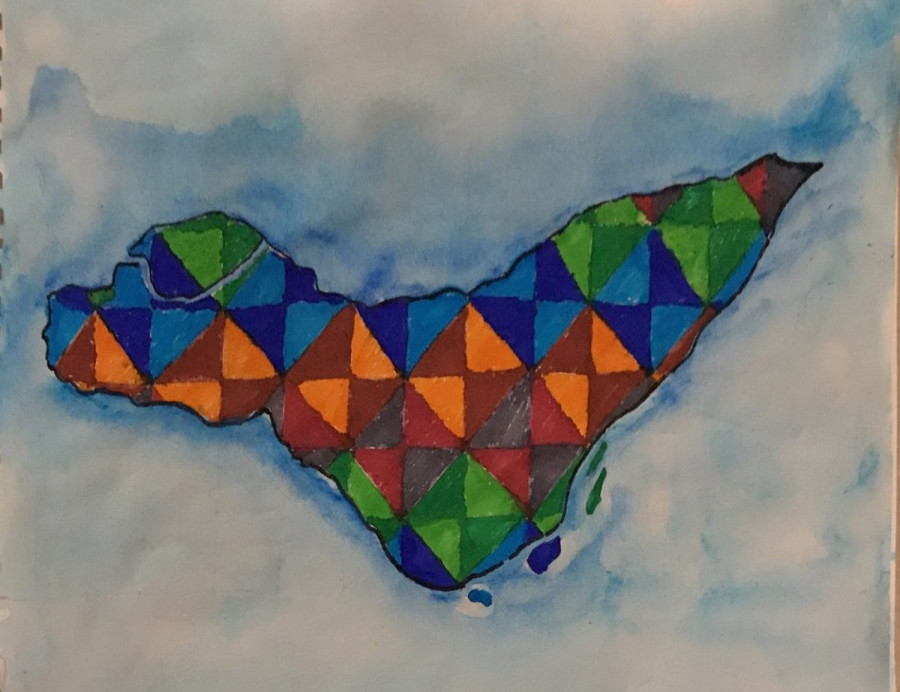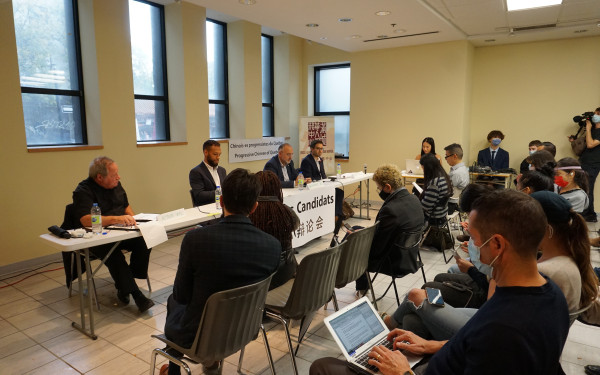No Racial Diversity at City Hall
Plante Can’t Sweep Visible Minorities’ Issues Under the Rug
Montreal has elected its first female mayor, but the fight for equality doesn’t end there.
There is still much room for improvement when it comes to diversity in politics at the municipal level.
Valerie Plante recently announced the executive committee that will be working alongside her at city hall. Despite campaign promises, there is a glaring lack of racial diversity in the committee.
Plante said she is disappointed with the lack of racial diversity in her executive selects, and the truth is there was a very small percentage of minorities elected.
The problem is the politicians who were elected don’t have the experience necessary to deal with racially centered issues. Going forward with an under-representative and non-qualified board is choosing to turn your back on pressing matters instead of making an effort to give someone a voice to speak out on their community’s behalf.
Plante chose Cathy Wong, a city councillor who ran with Equipe Coderre, to be the city’s new council speaker. Wong is one of only four minorities that were elected during the municipal election, all of whom ran with Equipe Denis Coderre.
Having a visible minority as a speaker of city council is already an engagement to the importance of incorporating more and more visible minorities into politics. However, Plante excused the absence of diversity in her committee by saying although there are no visible minorities on her board, Rosannie Filato, who is responsible for the Villeray district, has an Italian background. Unfortunately, that comment misses the point.
How can a municipal board, the majority being of French-Canadian backgrounds, weigh in on issues that minorities in Montreal face daily if none of them can relate to the problems?
Evidently, there can never be one token member who can speak on behalf of all minorities in Montreal. But the role of a municipal politician is to be able to find options to improve the lives of Montreal residents, specifically the ones who need it most.
Boroughs with a higher number of minorities tend to have more housing issues than other boroughs in Montreal. According to a study by Centraide of Greater Montreal, the Cȏte-des-Neiges area is composed of 53 per cent of visible minorities. The Cȏte-des-Neiges—Notre-Dame-de-Grȃce borough has over 2,000 households waitlisted for social housing.
The CBC reported on Nov. 21 that many cooperatively owned social housing units are in poor condition and aging. Magda Popeanu, city councillor for Cȏte-des-Neiges, has has been assigned responsibility for housing and real estate for the city of Montreal, so the housing issue now rests in her hands. She promises to fix the housing issue in NDG, stating it is her biggest priority as councillor for that district.
She promises to also increase the supply of affordable houses for families, and help current homeowners with their living situations. A lot of tenants in the area who are living in difficult conditions are counting on her to stay on top of her promises.
The Mercier-Hochelaga-Maisonneuve borough is becoming more gentrified by the day.
In 2011, over 15 per cent of the population living in the borough were visible minorities, from Afro-Canadian, to Arab, Latin American and Southeast Asian origins. However, with the increase of private housing and the constant push to making this boroughs livable for upper-middle class people, more social housing options will be needed to counteract this gentrification and keep the neighbourhood livable for everyone.
Cases like these should be priorities while discussing housing matters in Montreal. Valerie Plante says she wants to fix the lower income housing issues, so this is where she should start.
Without having an on-hand politician who has lived through issues like these, it is easy to brush them under the rug and wait for it to be relevant. Valerie Plante says one of her many priorities is to hire more racially diverse politicians to her board, but at the moment, the current councillors are going to be in charge of running Montreal.
The more it is talked about, the more awareness it will give to the cause. It has to be on citizens to put pressure on Valerie Plante. Beyond engaging in dialogue on the subject, we should hold her accountable for the promise to increase visible minorities in city hall, and continue to bring it up every chance we have.




1_600_375_90_s_c1.jpg)

1_600_375_90_s_c1.jpg)
_600_375_90_s_c1.jpg)